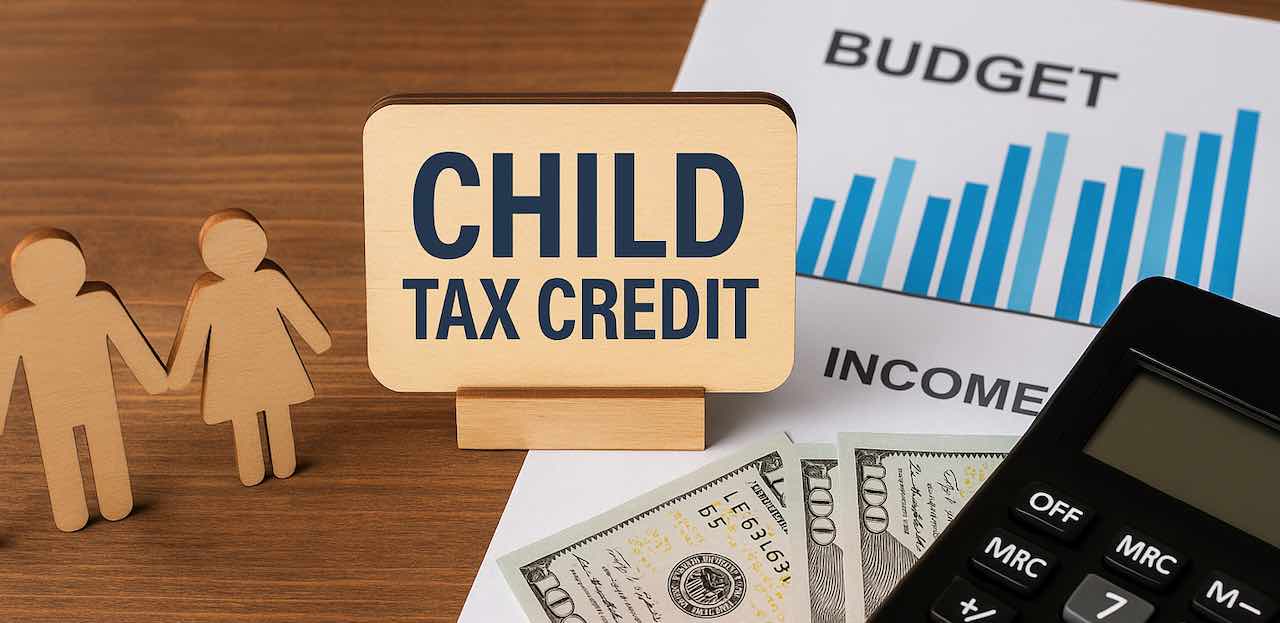
A controversial tax bill backed by President Donald Trump could jeopardize the Child Tax Credit for millions of American families—particularly those in mixed-status households. Experts warn the legislation, now in the hands of the U.S. Senate, may have far-reaching implications for child welfare and family finances nationwide.
What’s changing in the Child Tax Credit?
The proposal—part of what Trump is calling his “one big, beautiful bill”—includes several sweeping changes to federal tax law. Among the key updates:
- Permanently increases the Child Tax Credit from $2,000 to $2,500 per child
- Requires both parents to have Social Security numbers to claim the credit
- Would exclude an estimated 4.5 million U.S.-born children in mixed-status households
Under current law, parents need only one valid SSN to claim the benefit. The proposed requirement for both parents to possess Social Security numbers is a major shift that could leave millions ineligible.
Who will be most affected?
According to analysis by multiple research groups—including the Center for Migration Studies and the Institute on Taxation and Economic Policy (ITEP)—the families hit hardest would be:
- Mixed-status families, where one parent is undocumented
- Households in states with large immigrant populations like California, Texas, Florida, New York, and Illinois
- Lower-income families relying on the Additional Child Tax Credit for refund support
“The result would be a devastating blow to many American children who are citizens but live in immigrant families,” said Carl Davis, ITEP’s research director.
What is the current Child Tax Credit?
As of 2024, families can claim up to $2,000 per qualifying child under age 17. The credit is partially refundable, allowing families with low tax liability to receive a portion back as a refund.
Key eligibility rules include:
- Child must live with the taxpayer for more than half the year
- Must be a dependent and have a valid SSN
- Household income limits: $200,000 for single filers and $400,000 for joint filers
- Refundable portion begins after $2,500 in earned income, calculated at 15% above that threshold
If no action is taken by Congress, the credit could revert to $1,000 later this year.
Tied to a bigger tax and immigration overhaul
The Child Tax Credit changes are just one part of a broader tax reform package backed by President Trump and House Republicans. The bill also seeks to:
- Make Trump-era tax cuts permanent
- Introduce new business tax incentives
- Implement stricter immigration-related tax rules
Critics argue the bill would disproportionately hurt children of immigrants while adding as much as $2.4 trillion to the national debt, according to the Congressional Budget Office.
What happens next?
Senators are now reviewing the legislation, with Republicans aiming for final passage by July 4. If passed in its current form, millions of families could lose vital financial support just as the cost of living remains high.
